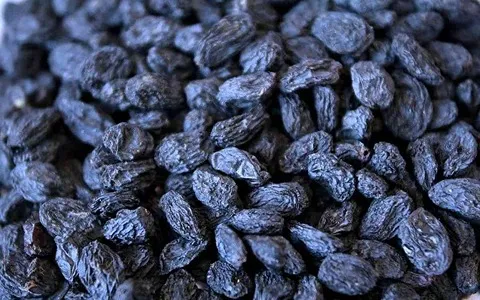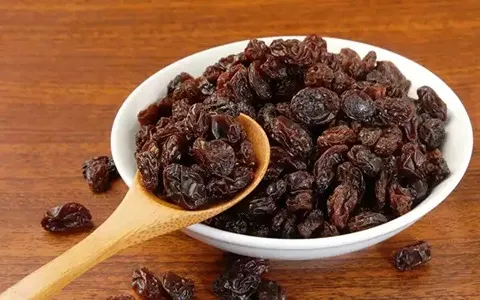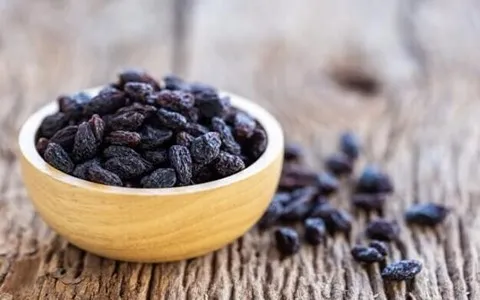Sultana raisins, with their golden hue and sweet flavor, are a beloved dried fruit cherished for their versatility in culinary creations and their array of health benefits.

Sultana raisins best
In this comprehensive guide, we will delve into the origins of Sultana raisins, their nutritional profile, how they are made, popular uses in cooking, and the potential health advantages they offer.
Join us on a journey to explore the world of Sultana raisins and discover why they hold a special place in the hearts of food enthusiasts worldwide.
In the realm of dried fruits, few can compare to the humble raisin.
These shriveled, wrinkled little gems may appear unassuming at first glance, but don't let their appearance deceive you.
Raisins pack a powerful punch when it comes to flavor, nutrition, and versatility.
Whether enjoyed on their own as a quick and easy snack or used to enhance a wide array of dishes, raisins are a pantry staple that deserves a permanent spot in every kitchen.
Raisins are simply dried grapes, but the transformation they undergo during the drying process imbues them with a concentrated sweetness and depth of flavor that sets them apart from their fresh counterparts.
The grapes are left to dry naturally in the sun or via artificial methods, resulting in their characteristic dark color and chewy texture.
This drying process removes much of the water content from the grapes, allowing the natural sugars to caramelize and intensify, creating a delightfully sweet and rich flavor profile.

Origins and Production
Sultana raisins, also known as Thompson Seedless raisins, are made from seedless grapes of the Vitis vinifera species.
These grapes are primarily grown in regions with warm climates, such as the Mediterranean, the United States, and Australia.
The process of making Sultana raisins involves carefully drying the grapes to preserve their natural sweetness and flavor.
The grapes used to make Sultana raisins are harvested at peak ripeness, typically in late summer or early fall.
After harvesting, the grapes are washed and cleaned to remove any impurities.
Next, they are laid out on trays or hung on strings to dry naturally in the sun, a method that has been used for centuries to create these delightful dried fruits.

Nutritional Benefits
Sultana raisins are not only delicious but also pack a nutritional punch, making them a smart choice for a healthy snack or ingredient in various dishes.
These bite-sized treats are rich in natural sugars, primarily fructose and glucose, which provide a quick source of energy.
oreover, Sultana raisins are a good source of dietary fiber, which promotes digestive health by supporting regular bowel movements and preventing constipation.
They also contain natural antioxidants like polyphenols, which help protect the body against oxidative stress and inflammation.
In addition, Sultana raisins are packed with essential micronutrients such as iron, potassium, and vitamin B6.
Iron is crucial for maintaining healthy blood cells and preventing iron deficiency anemia, while potassium plays a vital role in regulating blood pressure and supporting muscle function.
Vitamin B6 is necessary for proper brain function and helps convert food into energy for the body.

Culinary Uses
Sultana raisins are a versatile ingredient that can enhance both sweet and savory dishes with their natural sweetness and chewy texture.
In baking, these golden gems are a popular addition to bread, muffins, cookies, cakes, and other pastries, adding a burst of flavor and a touch of sweetness.
Furthermore, Sultana raisins are a common ingredient in rice dishes like pilaf and biryani, where they lend a subtle sweetness that complements the savory flavors of the dish.
They can also be incorporated into salads, couscous, tagines, and other Middle Eastern and Mediterranean recipes to add a pop of flavor and texture.

